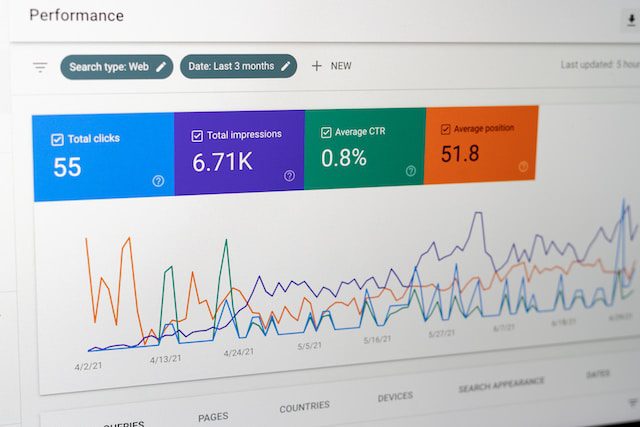Google Search Console (GSC) is an indispensable tool for website owners, offering invaluable insights about a site’s performance in Google’s search results. As with any tool or data source, questions often arise about its accuracy. Is the data provided by Google Search Console truly reliable? Let’s delve deep into this question.
Introduction to Google Search Console
Before examining its accuracy, it’s essential to understand GSC’s primary functions. GSC provides users with:
- Performance Reports: Data on clicks, impressions, click-through rate (CTR), and average position in SERPs.
- Coverage Reports: Information about indexed pages and potential issues.
- Enhancements: Insights into mobile usability, structured data, and more.
- URL Inspection Tool: A real-time check of how Google views specific URLs.
Points of Contention
While GSC offers a plethora of data, its accuracy has been debated for the following reasons:
Sampling of Data
Google does not always provide every single piece of data. Instead, it often offers a sample. This can sometimes mean that not all website activity is reflected, especially for large websites.
Average Position Metric
The way GSC calculates the average position has sometimes led to confusion. If a keyword ranks in multiple positions throughout a single day (which is common), GSC takes an average. This might not always align with real-time ranking checkers.
Data Delays
There can be delays in data appearing in GSC. While most data is available within two to three days, certain metrics may take longer, leading to gaps in real-time analysis.
What GSC Does Well
Despite the debates, GSC has several strengths when it comes to accuracy:
Verification of Indexed Pages
The Coverage Report is highly accurate for understanding which of your pages Google has indexed. If a page isn’t indexed, it won’t rank, making this a crucial report.
Click Data
While impression data might be subject to sampling, click data tends to be more accurate. If GSC reports clicks, you can be relatively confident those clicks occurred.
Mobile Usability & Core Web Vitals
These reports give direct feedback from Google about potential issues. They are generally seen as accurate reflections of any problems that might impact user experience or rankings.
Cross-Referencing with Other Tools
To get a comprehensive and accurate understanding of your site’s performance, it’s a good practice to cross-reference GSC data with other analytics tools, such as:
- Google Analytics: Compare traffic data, bounce rates, and user behavior.
- Third-party SEO Tools: Platforms like SEMrush, Ahrefs, or Moz can offer additional insights into rankings, backlinks, and keyword performance.
- Log File Analysis: This can provide a deeper dive into how search engines are crawling your site.
Cross-referencing can give you a more holistic view and help pinpoint any discrepancies.
Trust, But Verify
Is Google Search Console accurate? The answer is both yes and no. While GSC offers a treasure trove of insights directly from Google, it’s essential to approach the data with a discerning mind. Like any tool, it has its limitations and strengths.
By understanding where GSC shines and where it might have shortfalls, webmasters can use the platform to its fullest potential. Always remember to supplement GSC data with insights from other reliable sources. In the ever-evolving world of SEO, a multifaceted approach to data will always serve you best.
